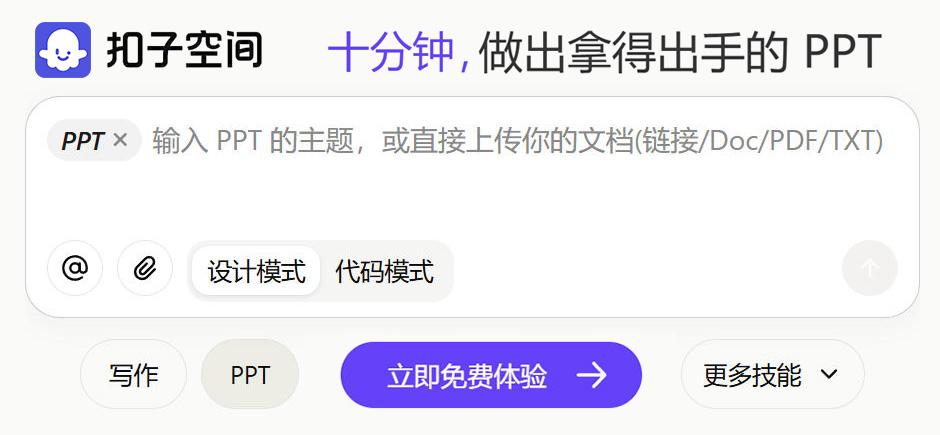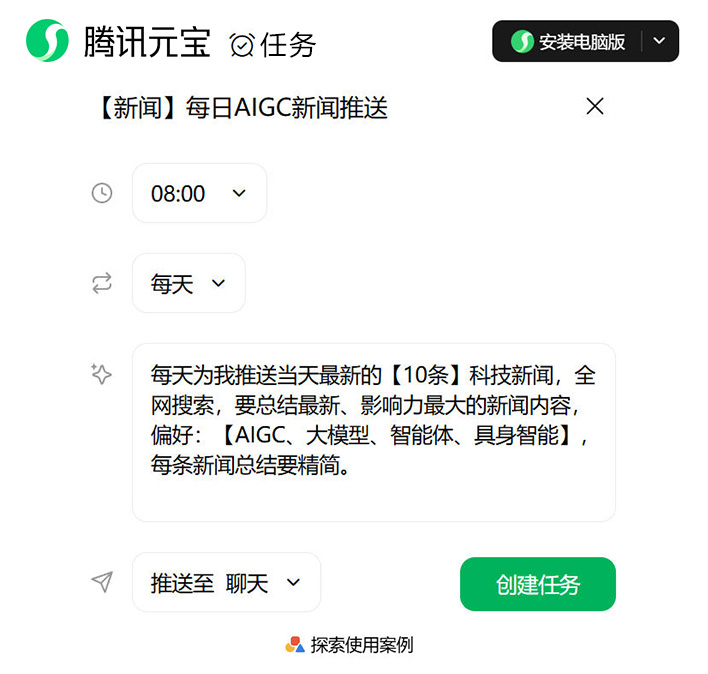Latin: The Fusion of Art and Technology in AI Music Generation
In the ever-evolving landscape of digital music creation, AI has emerged as a powerful tool that redefines the boundaries of creatiViTy. One of the most compelling applications of AI in music is the generation of Latin music—a genre rich in cultural heritage and emotional depth. As artists and producers explore the potential of artificial intelligence, the ability to generate Latin music using AI prompts has opened new avenues for innovation, accessibility, and artistic expression. This article delves into the world of AI-generated Latin music, focusing on how to create compelling Latin music using advanced AI prompts.
Understanding the Power of AI in Music Generation
Artificial Intelligence (AI) has revolutionized the music industry by enabling the creation of high-quality, original music with a level of complexity and nuance that was previously unreachable. AI models, particularly those based on deep learning, can analyze vast datasets of musical styles, rhythms, and lyrics to generate new compositions. When applied to Latin music, these technologies can replicate the unique characteristics of Latin rhythms, such as the syncopated beats of salsa, the melodic inflections of reggaeton, and the emotional depth of cumbia.
The key to successful AI-generated Latin music lies in the precision of the prompt. A well-crafted prompt provides the AI with a clear understanding of the desired sound, mood, and style. For example, a prompt might specify the use of a particular rhythm, a specific genre, or a particular emotional tone, such as “mysterious and soulful” or “energetic and upbeat.” These details guide the AI in generating music that aligns with the user’s vision.
Crafting Effective AI Prompts for Latin Music
A successful AI prompt for generating Latin music should be specific, detailed, and aligned with the desired outcome. Here are some key elements to include in your prompt:
- Rhythm and Tempo: Specify the desired rhythm, such as “8⁄8 time signature” or “4⁄4 with a syncopated feel.”
- Genre and Style: Indicate the specific genre, such as “reggaeton,” “salsa,” or “cumbia.”
- Mood and Emotion: Express the desired emotional tone, such as “mysterious,” “soulful,” or “energetic.”
- Instruments and Vocal Style: Mention the instruments to be used, like “guitar, bass, and piano,” or the vocal style, such as “solo vocals” or “chorus.”
- Cultural Elements: Include cultural references or elements that define Latin music, such as “mexican folk influences” or “Brazilian samba.”
For example, a prompt might be:
“Generate a reggaeton track with a 4⁄4 time signature, syncopated rhythms, and a soulful, mysterious mood. Use a mix of guitar, bass, and piano, with solo vocals and a Brazilian samba influence.”
The Role of AI in Enhancing Latin Music Production
AI is not only a tool for generating music but also a powerful enhancer for the production process. It can assist in tasks such as:
- Auto-tuning: Adjusting vocal pitches to match a desired tone.
- Rhythm Matching: Ensuring that the tempo and beats align with the desired structure.
- Lyric Generation: Creating or refining lyrics that fit the musical style.
- MIDI Composition: Generating a MIDI file that can be used in a DAW (Digital Audio Workstation) for further editing.
These capabilities allow producers to focus on the creative aspects of music while leveraging the AI’s efficiency and precision.
Challenges and Considerations
While AI-generated Latin music offers exciting possibilities, it also presents challenges. One key consideration is the cultural authenticity of the generated music. AI models may not fully capture the nuances of Latin music, especially if they are trained on a limited dataset. Therefore, it is essential to use prompts that include cultural elements and to review the output for authenticity. Additionally, the creative control of the artist must be maintained, as AI should be a tool, not a replacement, for the creative process.
Conclusion
In conclusion, AI-generated Latin music represents a new frontier in the world of music creation. By crafting precise and detailed prompts, artists and producers can harness the power of AI to generate compelling Latin music that resonates with cultural and emotional depth. As AI continues to evolve, the fusion of art and technology will only become more seamless, offering endless possibilities for innovation in the music industry. With the right approach and attention to detail, AI can be a powerful ally in the journey of creating meaningful and impactful Latin music.








 津公网安备12011002023007号
津公网安备12011002023007号